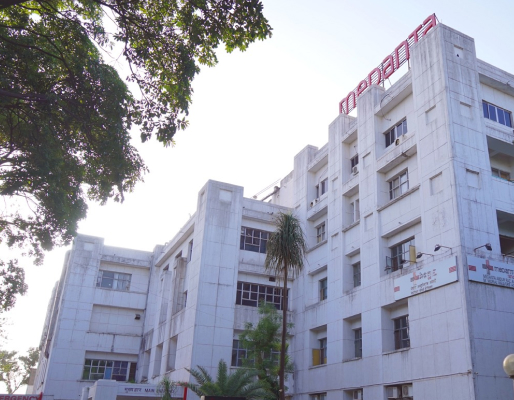Thank you for contacting us
We apologise, but the page you are trying to access cannot be found. Please navigate back to the homepage or click on the icons below to explore other areas of the website.

Specialities
An Ecosystem for Clinical Excellence
Medanta Network




